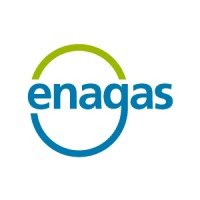South Australia hydrogen election pledge receives support from the Australia Institute
South Australia has also signed an MoU with a European Port for exporting hydrogen.

The South Australian Labour party unveiled plans for building 250 MW of green hydrogen production plants as part of a proposed AU$ 593 million (US$ 450 million) jobs commitment to the industry made during its election campaign. The opposition said that the capacity would be operational by the end of 2025, though the installations’ whereabouts are yet to be revealed. The next state election in South Australia is set for March 2022.
Moreover, the opposition also plans to invest AU$ 342 million (US$ 260 million) in a 200 MW combined-cycle thermal (CCT) power plant powered by hydrogen, and nearly AU$ 31 million (US$ 24 million) will be invested in constructing a storage capacity of holding 3,600 tonnes of liquefied hydrogen.
Peter Malinauskas, South Australian Labour leader, said, “Hydrogen is central to the world’s energy future. It’s cleaner, it’s cheaper, and South Australia is uniquely positioned to become a world leader with our abundant wind and solar resources.”
The announcement also came as the South Australia state government signed a memorandum of understanding with the Port of Rotterdam in the Netherlands to conduct a feasibility study on exporting hydrogen from South Australia to Europe.
The Australia Institute has welcomed Mr Malinauskas plan for South Australia. Noah Schultz-Byard, SA Director at The Australia Institute, stated: “Other jurisdictions, including the Federal Government, have so far failed to rule out the funding of dirty, fossil-fuelled hydrogen power. If they don’t catch up with South Australia and start to invest in the clean energy technologies of the future soon, they will be left behind.”
Last year, the Australia Institute surveyed a sample of 521 South Australians about the hydrogen industry, where the participants overwhelmingly prefered that hydrogen be generated from renewable energy, not fossil fuels. Four in five South Australians (79%) prefered that state hydrogen fuel be generated from renewable sources.
